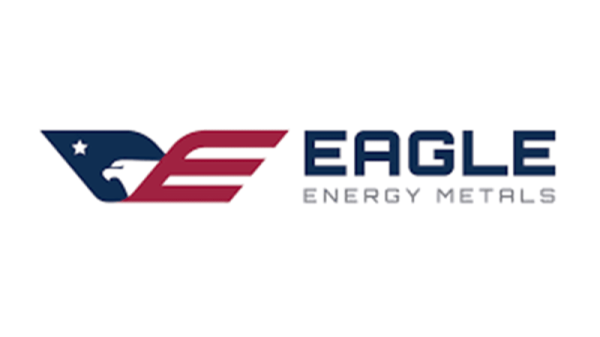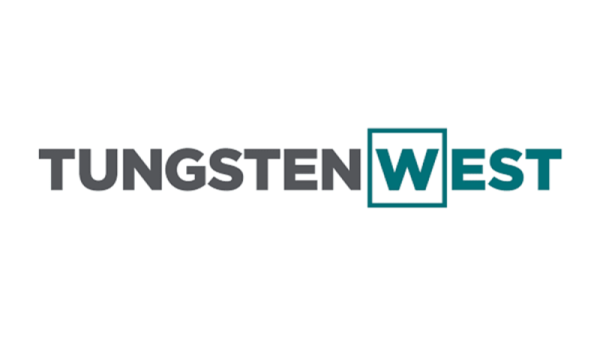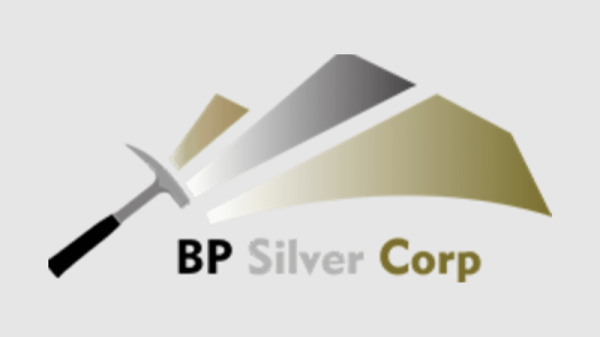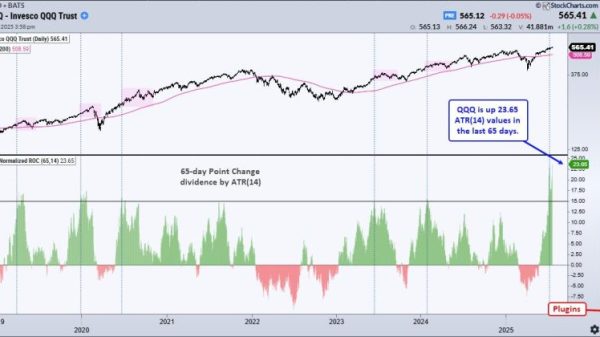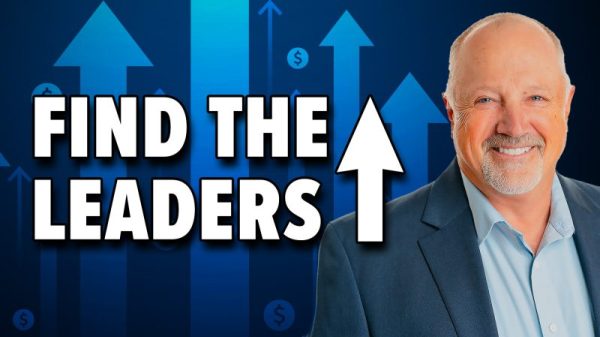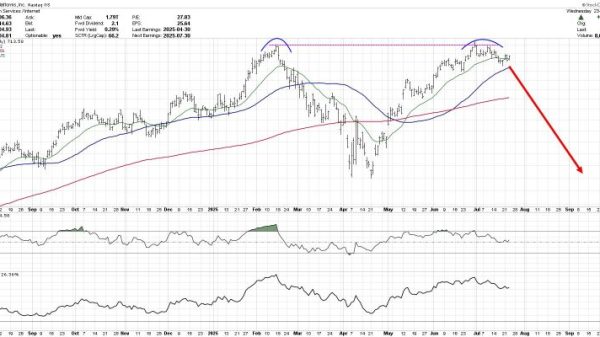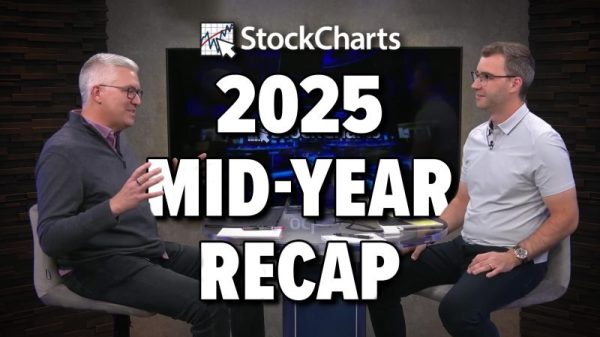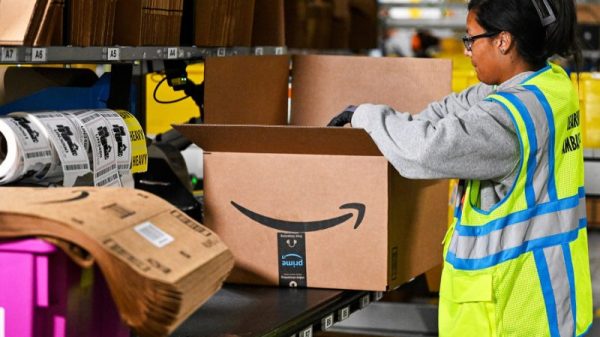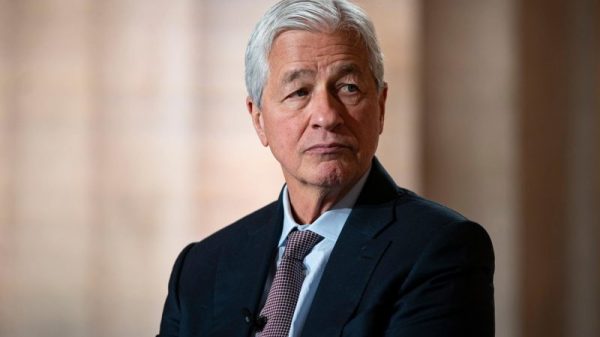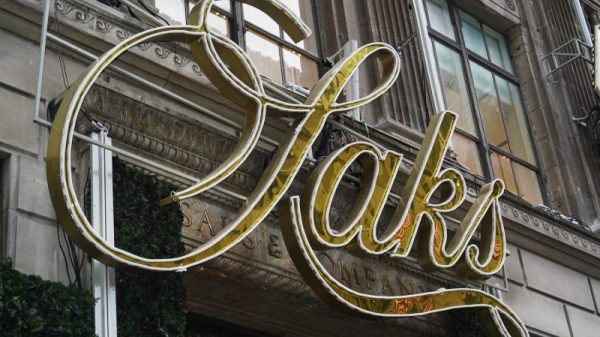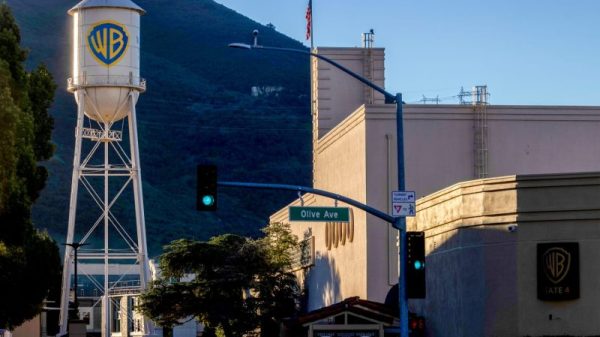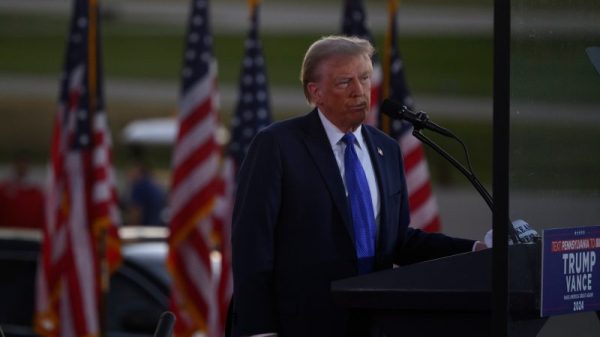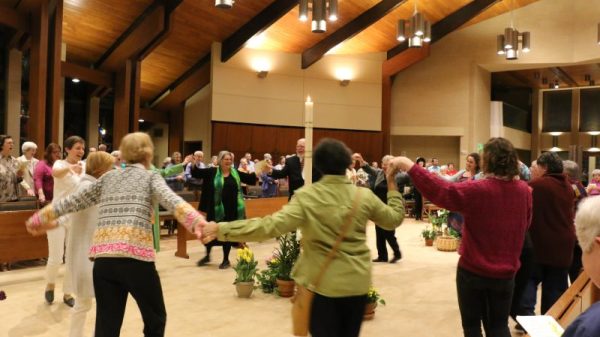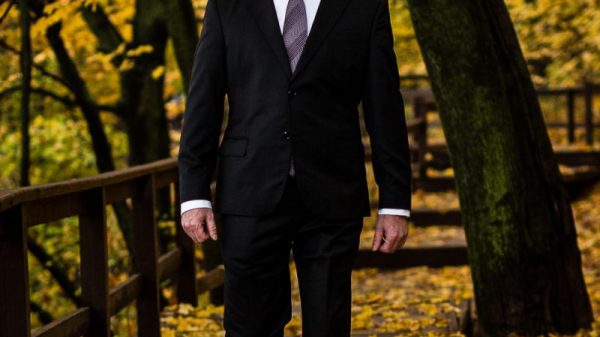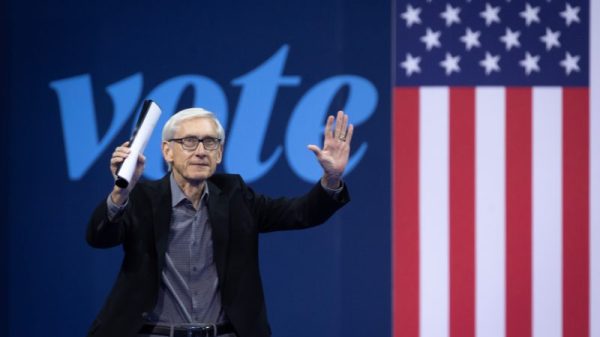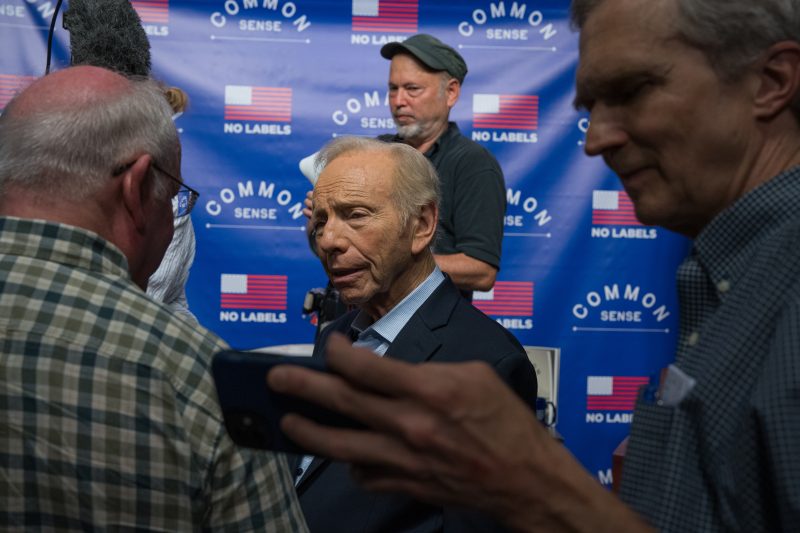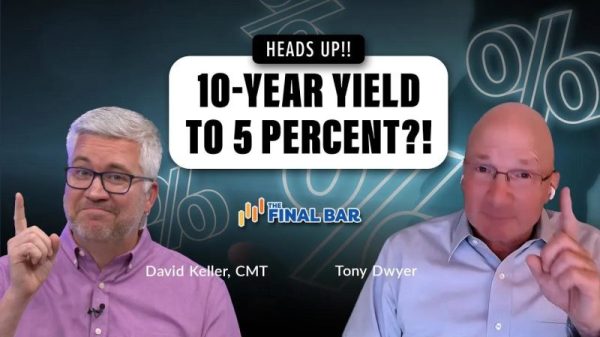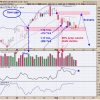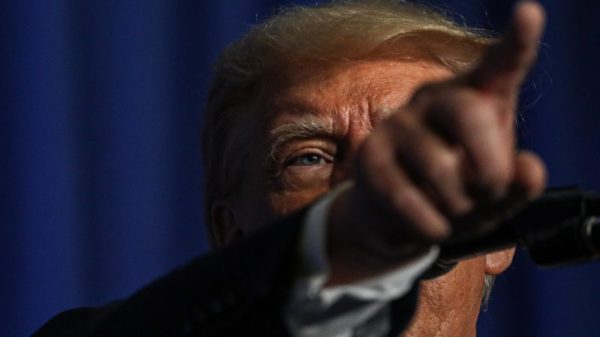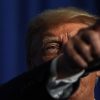WILMINGTON. — Political operatives opposed to No Labels’ potential 2024 presidential ticket took over the NoLabels.com domain last year and purchased Google search ads aimed at spreading the misleading claim that the group supported former president Donald Trump and other right-wing causes, according to testimony in a federal civil trial here.
Arizona political operative Charles Siler, who led the effort, described in a recorded deposition how he created a website that echoed the design, color scheme and language of No Labels’ actual website, NoLabels.org. But the mirror website was filled with pictures of politicians not embraced by No Labels, including Trump and House Speaker Mike Johnson (R-La.).
Siler said in his deposition that he was motivated by a desire to rally a “community of motivated, disaffected and unaffiliated voters” that has been attracted to the No Labels group. But a planning deck he created for the project, which was produced Thursday in the U.S. District Court of Delaware, suggested a different motive.
“This is a real opportunity for us to mirror the NL.ORG language while also framing the entire NL project as a right-wing shadow effort by crafting language that looks like it’s coming from NL,” said the deck.
The court case comes amid ongoing debate over the goals of the No Labels effort, which aims to potentially place a yet-to-be-identified bipartisan presidential ticket on as many ballots as possible. Many Democrats and moderate Republicans fiercely oppose the idea, fearing that such a ticket could hand the White House back to Trump.
For their part, No Labels leaders have been making a public case that their political opponents, including Democratic operatives in Washington, have engaged in a criminal conspiracy to prevent them from getting state ballot access, punish people for working with them, and dissuade potential candidates from using their ballot lines. A letter they wrote to the Department of Justice asking for a criminal investigation has not received a response.
According to evidence from the civil case, one early proposal for the new mirror site by Siler included plans that were never acted upon, like the use of “christo-nationalist dog whistles” — including the numbers “14” and “88,” which are often used as code by white nationalists to promote their cause.
Another proposal called for posting an online poll about who No Labels should nominate for president, “and then we can just rig our own poll to make it look as” bad as possible. A section of the site could possibly include No Labels’ “actual contact info” and link to “actual” No Label’s content, the document said. Siler described the ideas as being part of an early discussion document, with ideas that were discarded.
After the website appeared in November with Google ads that redirected people searching the group’s name, No Labels sued for trademark infringement. U.S. District Court in Delaware ruled that the website must be taken down while litigation continues. Federal judge Gregory B. Williams continued that injunction in a ruling Thursday after two attorneys for NoLabels.com failed to contest the presentation from a team of six No Labels lawyers.
Siler argued in an interview after Thursday’s ruling that the day in court was “actually a big victory for us.” No Labels had described in other depositions the mechanism by which the national group, a 501(c) 4 nonprofit, exerts control over the state party organizations that have been winning ballot access for a potential No Labels presidential ticket.
Several state party leaders for No Labels, in a presentation by the group’s lawyers, said that they take their orders from the nonprofit’s leaders and could be replaced if they ran afoul of the national group.
“They are using a national 501(c) 4 to manage and control the operation of state parties. So we have actually seen what we needed to see,” Siler said after the case.
Non profits like No Labels are not required to disclose their donors while candidates and parties do.
He added that copycat websites are common in politics, while acknowledging they may be problematic as a matter of law. “I’m sure from a trademark standpoint that what we did violated their trademark,” he said.
He later added that NoLabels.com had credible arguments that its actions were protected by free speech and other legal arguments. He noted that the court had not yet made a final ruling on the trademark issue.
No Labels has said they will only field candidates if there is a clear path to winning the electoral college, and have vowed not to do anything that would reelect Trump. Leaders of the 501(c) 4 have also said that the group is only seeking ballot access, and will not be involved in any subsequent campaign. They say all their activities are legal under both state and federal laws.
“For months, there has been a coordinated and potentially criminal partisan effort to mislead voters and block No Labels’ access to the ballot,” Joe Cunningham, No Labels national director, said in a statement after the hearing. “Today, Americans learned that these cynical operatives stooped too a new low by trying to hijack No Labels website and misrepresent what we stand for. Fortunately the court sided with No Labels.”
The trademark litigation is now expected to proceed with more discovery, as attorneys for No Labels seek to work out who else was involved in the NoLabels.com website.
Siler said in his deposition that he originally brought the idea of acquiring NoLabels.com to Lucy Caldwell, a political operative who has been active in a broader effort by Democrats and anti-Trump Republicans to stop No Labels’ presidential ambitions. She attended a June meeting at the offices of Third Way with top Democratic officials, including former White House chief of staff Ron Klain, who attended in his personal capacity.
Caldwell, who worked with Siler on the 2020 presidential campaign of former congressman Joe Walsh (R-Ill.), said in an interview Thursday that the broader anti-No Labels coalition was not involved in this effort. She said No Labels was using the trademark litigation to build a broader conspiracy case against their opponents.
“To assert their claim over the mark, No Labels has backed themselves into a position of admitting to doing all these things that are highly unusual and improper,” Caldwell said. “This is about compliance with campaign finance rules in states. Someone should look at that.”
Depositions in court from Siler and others showed that a group called American Patriot Project, which works with both Caldwell and Siler, had funded the NoLabels.com website effort. Josh Silver, the founder of RepresentUS and a leader of the American Patriot Project, said in his own deposition that he viewed the No Labels presidential effort as “the dumbest political strategy I have ever seen,” since it could lead to the reelection of Trump.
The American Patriot Project, through Siler, hired a Democratic-leaning media firm, Break Something, to create the website for NoLabels.com and purchase about $2,000 in Google search ads for the project, according to court testimony.
Stephen Solomon, the founding partner of Break Something, testified that his initial reaction to finding out that NoLabels.com was available for purchase was positive. “I kind of thought, ‘Oh, good get,’” he said in a video deposition played in court.

